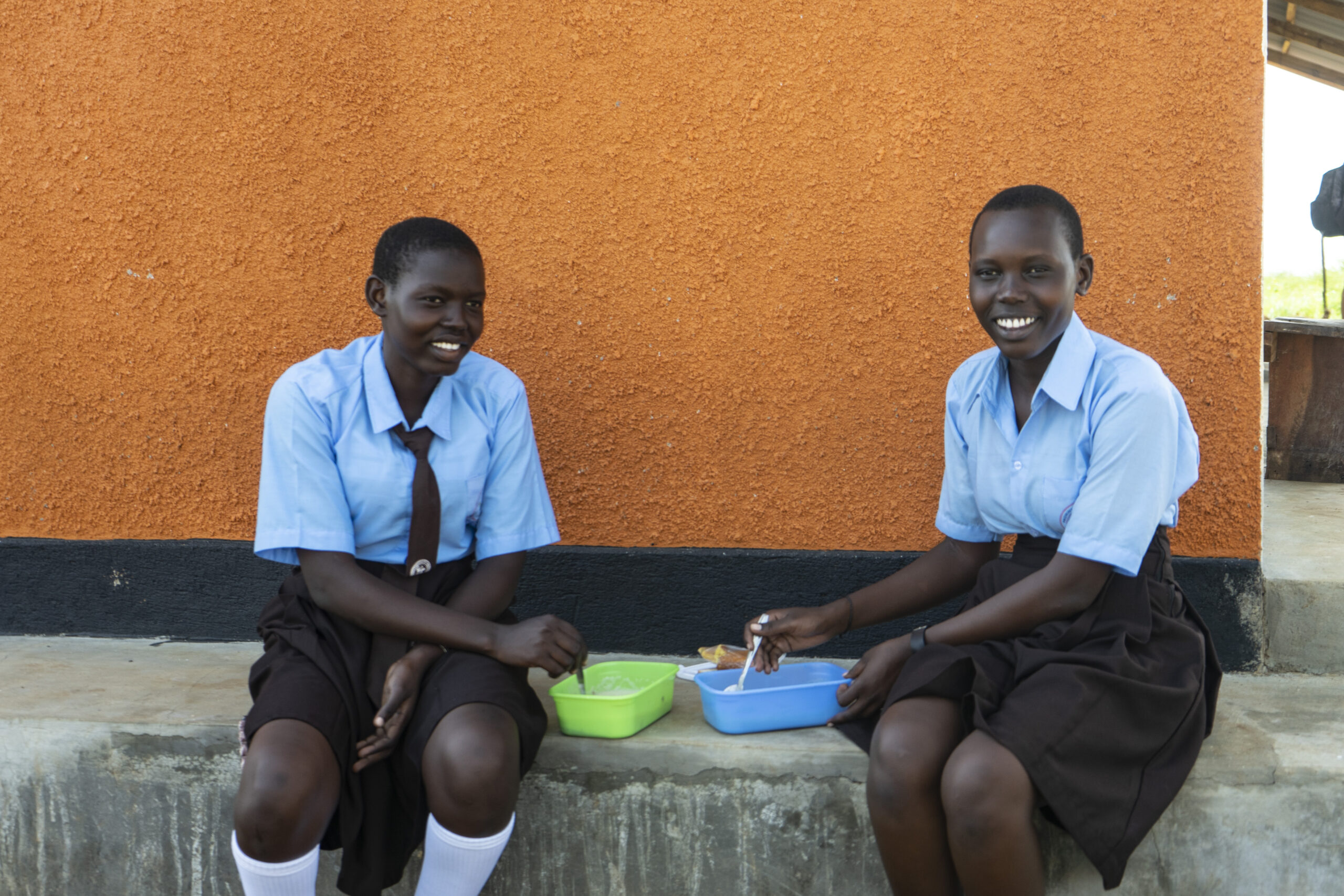
UNESCO celebrates International Literacy Day (ILD) on the 8th September each year and marks the importance of education, especially literacy and numeracy skills. This year’s theme is focused on ‘Promoting literacy for a world in transition: Building the foundation for sustainable and peaceful societies’.
IDL, as the theme suggests, is aimed at helping accelerate progress towards the achievement of Sustainable Development Goal 4 (SDG4) on education and lifelong learning and to reflect on the role of literacy in building more inclusive, peaceful, just, and sustainable societies.
Beyond the obvious importance of skill building and developing strong workforces, literacy is also about communication, empathy and building connections with people. Novels and stories offer us different perspectives and insights into the lives of others – it is a powerful tool which can place you into the shoes of another.
Since 1967, #ILD celebrations have taken place annually around the world to remind the public of the importance of literacy as a matter of dignity and human rights, and to advance the literacy agenda towards a more literate and sustainable society.
At IJI we recognise the importance of education as it’s not only a human right, emphasised as Sustainable Development Goal, but is essential for personal growth and leads to opportunities to create a brighter future. That’s why, outlined in our 2022 annual report, 58% of our work across 70 development projects, focused on education and we will continue to empower marginalised communities, especially women and children, to achieve their potential.
Worldwide girls are placed at a disadvantage compared to boys but this is less subtle in the global south where the divide between the rights and opportunities between boys and girls is severely wide and girls are often held back by socio-cultural norms which stunt their potential and sadly, in many cases, place their safety and wellbeing at risk.
According to the United Nations Girls’ Education Initiative more than 700,000 girls in Uganda between 6 and 12 have never attended school. In addition, around half of girls between the ages of 15 to 24 are illiterate and four in five girls don’t attend high school (2019). These startling figures are because of child marriage, where girls are often wed before they may be physically and emotionally ready to become wives and mothers.
Education is a tool to prevent early marriage and is about empowering communities to view their women and girls as not simply mothers or housewives but entrepreneurs and professionals.
The education of girls goes beyond building skilled workforces – it is about protection too.
Uneducated girls are at greater risk of sexually transmitted diseases as well as other health complications. Health issues put girls at a risk of not continuing their education and due to issues of period poverty and stigma, girls often lack support and instead suffer from shame disrupting their studies.
Creating a positive learning environment can give girls the awareness and understanding of these things, on how to protect themselves, proper sanitation which is supportive and without shaming and inspire them to take ownership over their own lives.
When talking about development, the empowerment and education of girls is paramount. Studies have shown that educated mothers are more than twice as likely to ensure the education of their children (UNICEF), so as well as strengthening livelihoods by way of skills and employment – girls’ education has a long-term goal of reducing poverty rates whilst also giving women access to the same opportunities as men.
By partnering with the Jesuit Refugee Service (JRS) of East Africa we are proud to stand for girls’ education especially girls who are more vulnerable than most, such as refugees and IDPs in Adjumani, Uganda.
Mary and Sitaraya Fiona are refugees in Uganda from South Sudan. Both girls received a scholarship from JRS which allowed them to continue their studies without disruption.
Thanks to support like yours – Sitaraya Fiona’s family life has also changed, as she explained in her interview, because her school fees were provided for, her younger siblings are able to attend school too and she is happy for them.
The JRS scholarship programme means parents are not forced to make difficult decisions where one child’s education must be sacrificed for another. In such difficult circumstances, girl’s are often side-lined for the needs of their brothers but with support – marginalised families can get access to learning and formal education.
Girls like Sitarava Fiona now have the support and encouragement needed to develop aspirations for the future. The JRS scholarship programme is changing lives now and for the future.
Listen to Mary’s story on how we have supported her to take take charge of her own destiny.
To support girls like Mary reach their full potential
For more information on ILD, Visit: www.UNESCO.org


